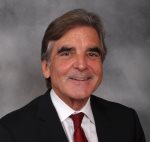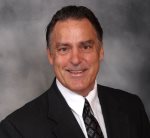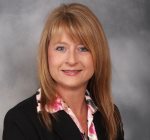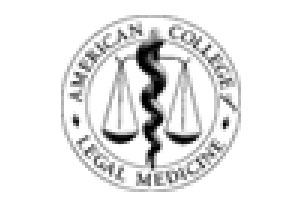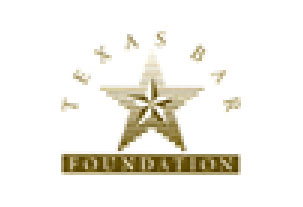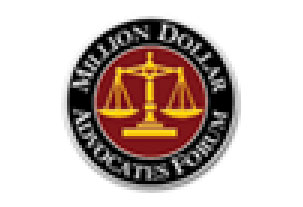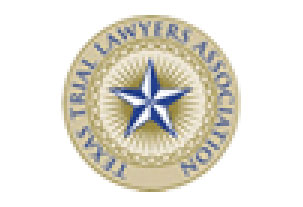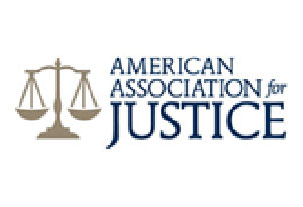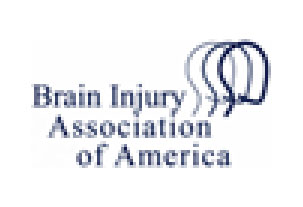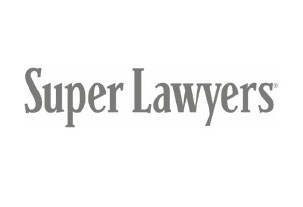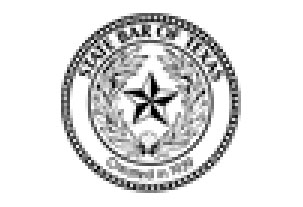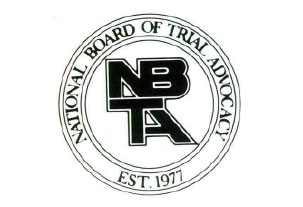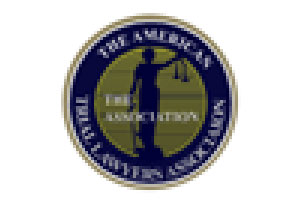Dallas Hextell had been diagnosed with cerebral palsy at 9 months. A neurologist told his parents that there was no cure and that it was best to wait and see if Dallas improved.
American Zombie divx Creature from the Black Lagoon film However, Cynthia, his mother, enrolled her injured child in an experimental trial at Duke University, where a pediatric-transplant surgeon infused him with a sample of his own stem cells harvested from his umbilical-cord blood. Several days later, his parents took Dallas home and "stared at him" for a week, says Cynthia.
At 18 months old, Dallas was still not crawling, much less talking or walking, but one day he just started saying, ‘Mama, mama, mama.’
Dallas’ remarkable story has appeared on the "Today" show and in advertisements in many pregnancy magazines all over the country, but these ads are not for Duke’s experimental surgery; instead, they are for a company called Cord Blood Registry, which charges parents $2,000 or more to freeze and store samples of their children’s umbilical-cord blood. Ten years ago, CBR was a small business with 10,000 clients, but today it is the country’s largest cord-blood bank with over 250,000 samples in storage, 300 employees and $100 million in annual revenue.
While the company says it is providing "biological insurance," critics like the American Academy of Pediatrics accuse private cord-blood banks of making exaggerated medical promises and exploiting vulnerable new parents. They say that cord blood’s uses are limited at best; it does not provide enough cells to cure an adult of a disease or injury, and it is not able to treat genetic conditions. Even the transplant specialist who treated Dallas Hextell is skeptical about the effectiveness of cord blood. However, CBR says that more cord blood stem cell uses will be discovered in the future, and the Registry has the power of a story with a good ending on their side.
